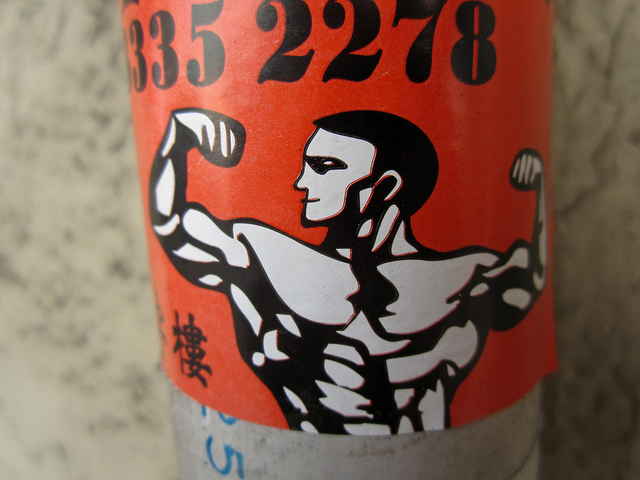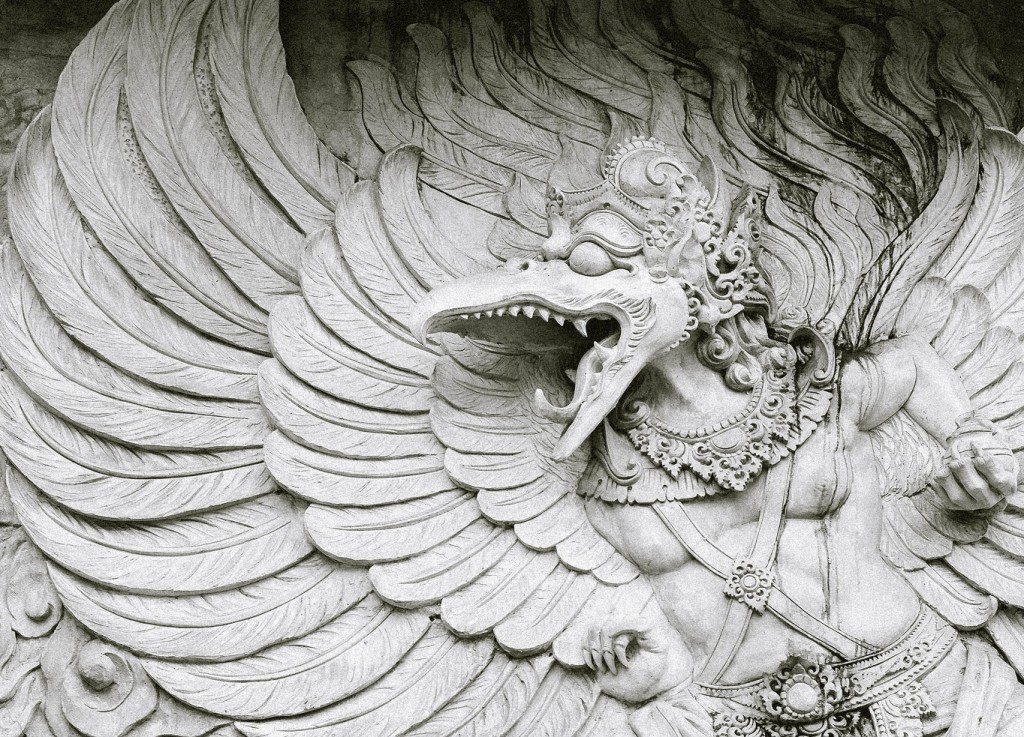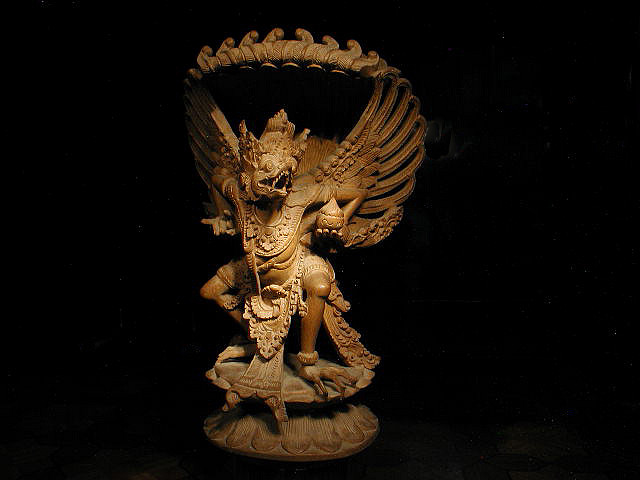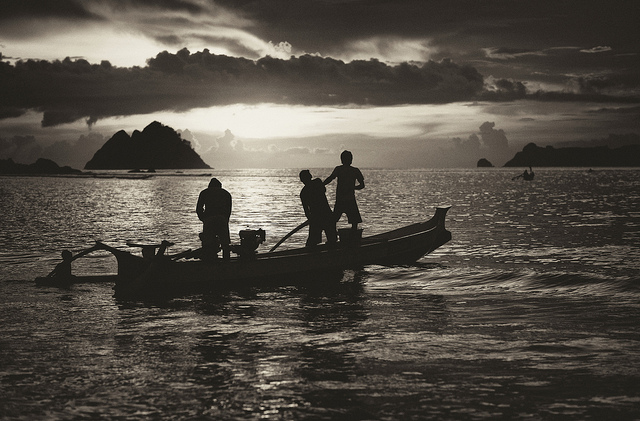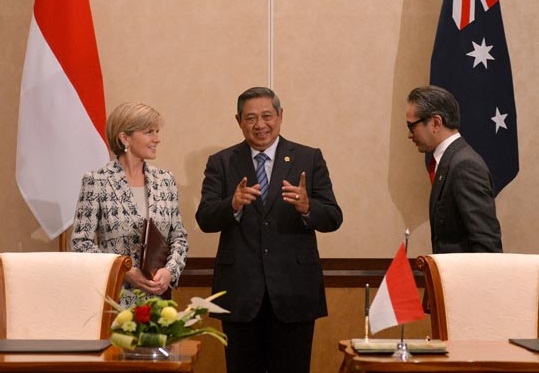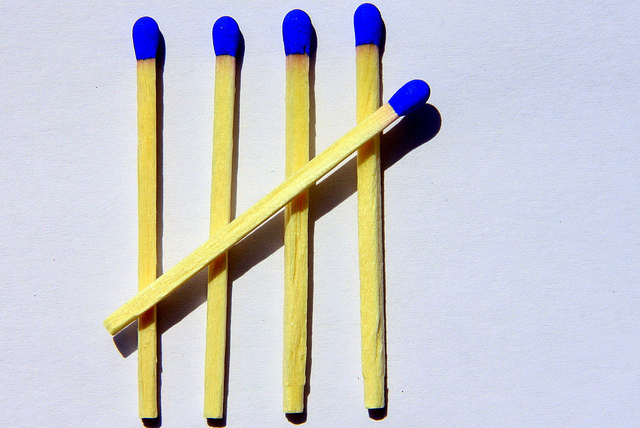ASPI suggests
Kicking off today is Russia’s attempt to cosy up to Indonesia. A week after President Joko Widodo was inaugurated, the Russian government announced it’ll support Jokowi’s maritime policies and offer Indonesia ‘various types of ships, multi-level intelligence systems, as well as establish a ship service center and a production center for spare parts.’ The president of the United Shipbuilding Corporation, established by President Putin, will be in Jakarta next week. That development was reported after the US Secretary of the Navy, Ray Mabus, expressed interest in boosting maritime cooperation with, you guessed it, Indonesia.
Also on Indonesia, CNAS’ Alexander Sullivan has a new report on strengthening US–Indonesia defence ties which recommends Indonesia ensure its goal of 1.5% GDP defence spending is met within Jokowi’s first term. Keep reading here. Read more


